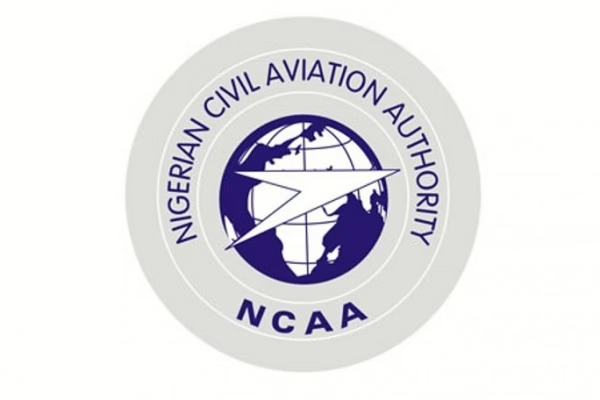NCAA Enforces Complete Shutdown of Mobile Devices During Critical Flight Phases
By Lizzy Chirkpi
The Nigerian Civil Aviation Authority (NCAA) has officially prohibited the use of flight mode on mobile phones and other electronic gadgets during flights. Passengers are now required to power off all devices entirely during take-off and landing, marking a significant shift from previous regulations.
Background: Rising Concerns Over Passenger Conduct and Safety
This new mandate follows a surge in disruptive behaviour on Nigerian flights, highlighted by a recent incident on an Ibom Air flight. A viral video captured a tense confrontation between cabin crew and a passenger over the use of a mobile phone mid-flight, igniting widespread discussions about airline safety and passenger discipline nationwide.
Official Statement from NCAA Leadership
At the National Civil Aviation Security Committee Meeting held in Abuja, NCAA Director General Capt. Chris Najomo declared the end of the flight mode allowance, describing it as outdated and a potential safety hazard. “All mobile phones and portable electronic devices must be completely switched off during the critical phases of flight on all Nigerian carriers,” he emphasized.
Najomo further instructed airlines to revise their operational manuals to align with this directive and submit the updated documents for NCAA approval. “The concept of flight mode is no longer acceptable. Devices must be fully powered down,” he stated firmly.
Strengthening Enforcement and Passenger Accountability
In addition to the device shutdown rule, the NCAA is intensifying efforts to manage unruly passengers both on the ground and in the air. “The era of lax enforcement is over. We will actively broadcast passenger responsibilities to ensure compliance,” Najomo affirmed.
He assured that the authority will no longer tolerate “business as usual” when it comes to passenger behaviour, signaling stricter penalties and oversight.
Enhanced Training for Airline Staff on Conflict Management
To better equip airline personnel in handling disruptive situations, the NCAA now mandates comprehensive conflict resolution training. “Airlines must verify that their staff receive adequate training in managing difficult passengers. Those who haven’t should prioritize this immediately,” Najomo warned.
Public Awareness Initiatives to Promote Safe Flying Practices
Complementing these regulatory changes, the NCAA plans to launch a nationwide campaign using radio and television jingles aimed at educating travelers about their duties and expected conduct during flights. This initiative seeks to foster a safer and more respectful flying environment across Nigeria.
According to recent data from the International Air Transport Association (IATA), incidents of passenger misconduct have increased globally by 15% in the past two years, underscoring the importance of such measures.
Source: Pointblank News




















0 Comments